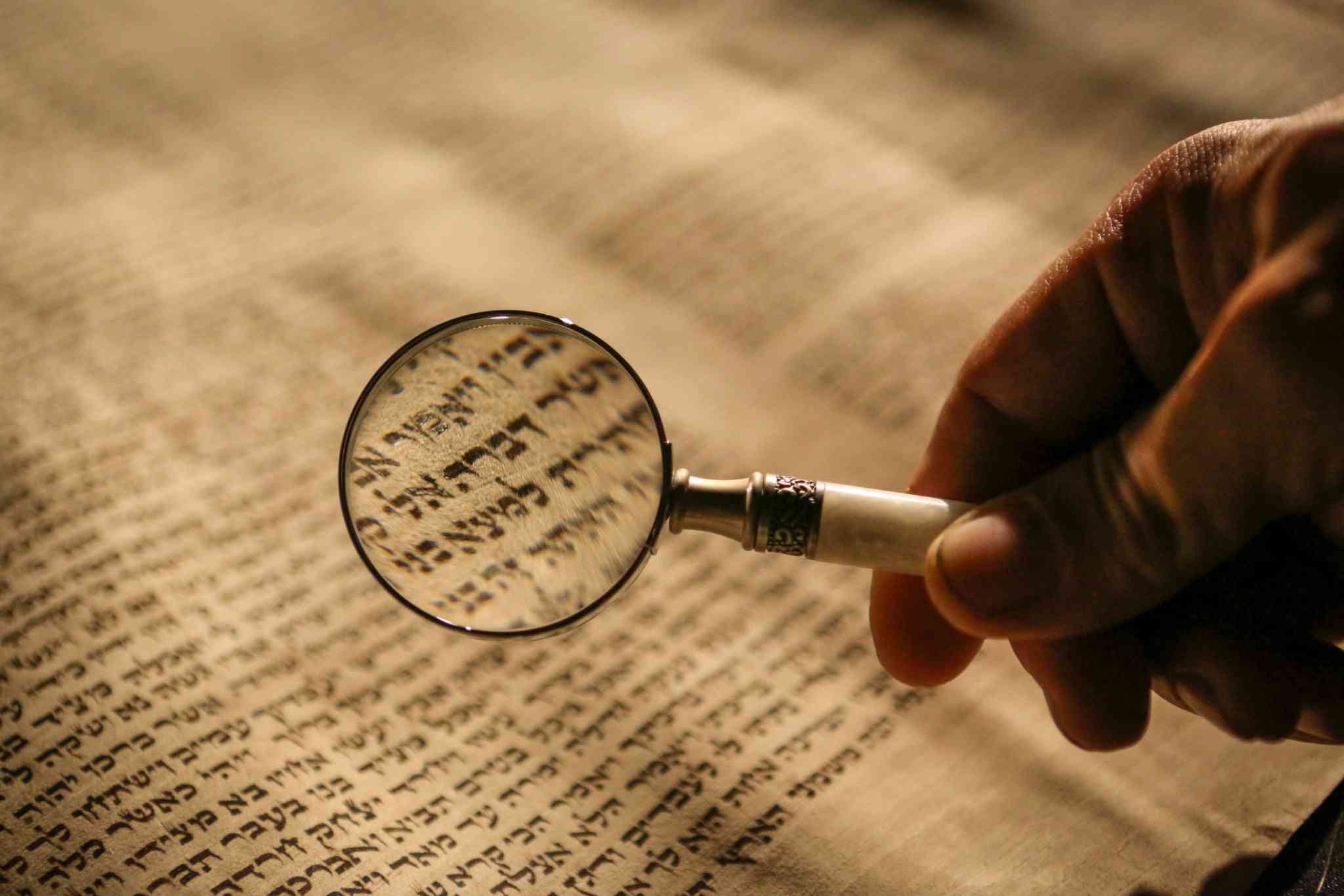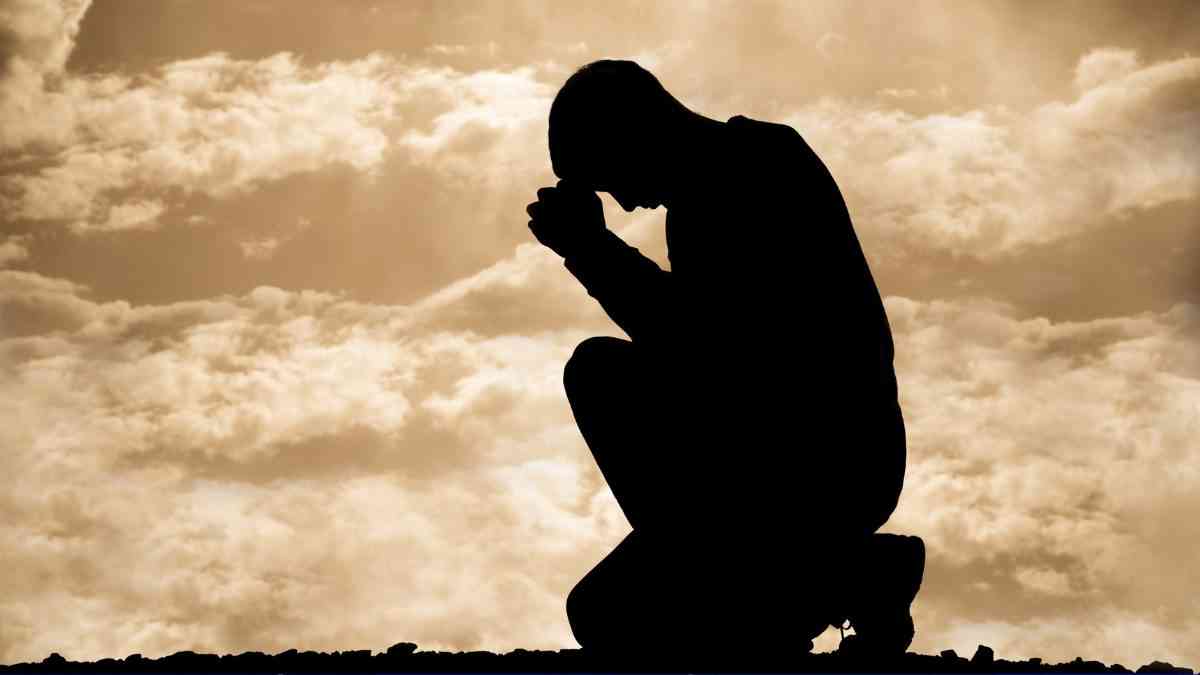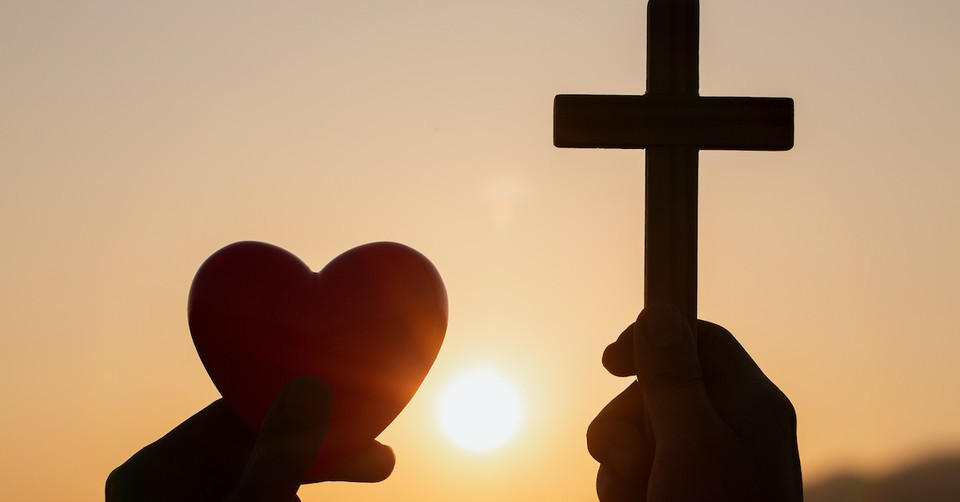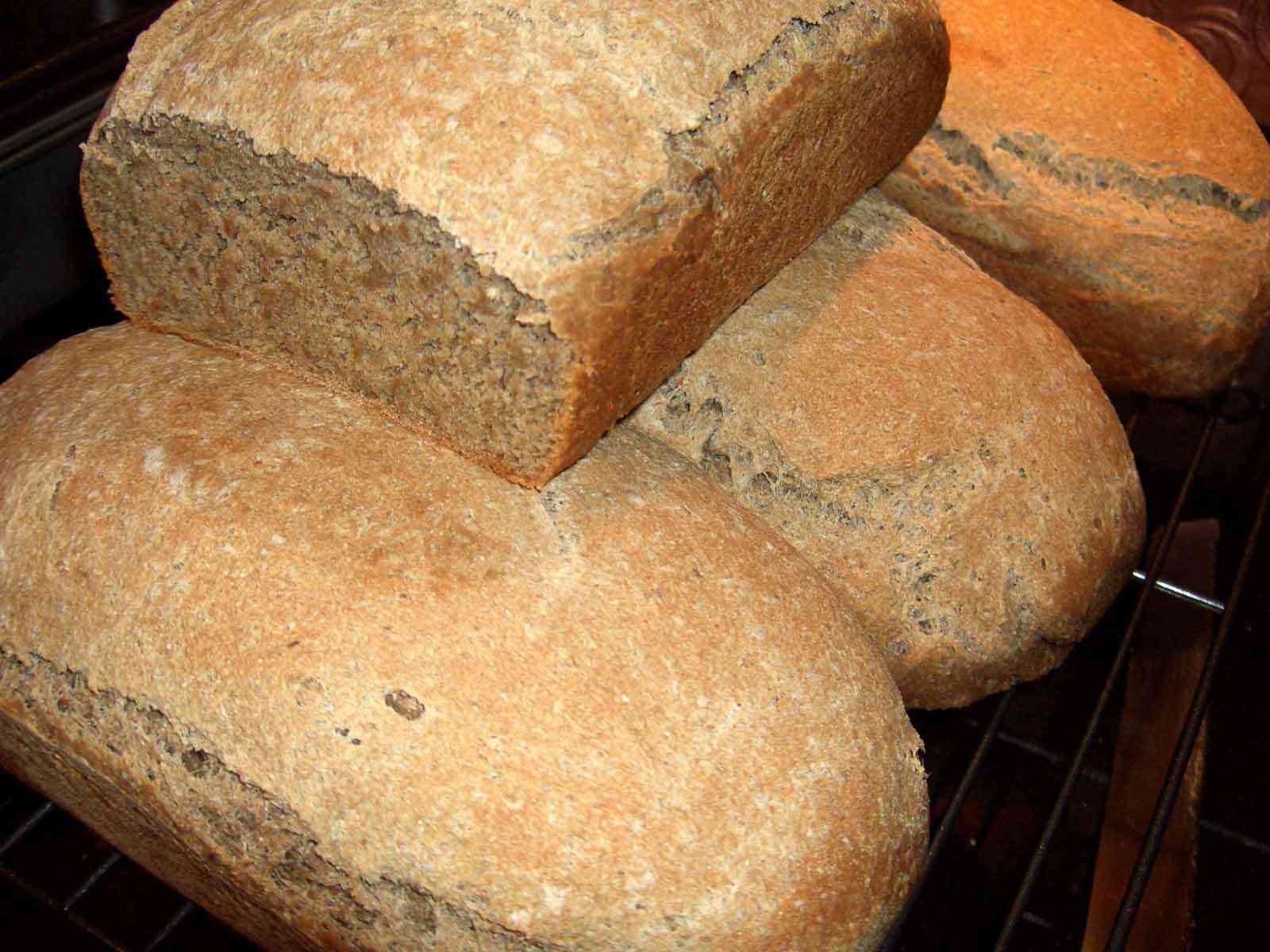
Vayeira (Genesis 18-22)
Contrary to Christian belief the Binding of Isaac is not a prophecy for human sacrifice or crucifixion, which in Jewish Law is an abomination. If one reads a few verses below the Hebrew scriptures, one finds that the sacrifice was the ram caught in the thicket.
There is one image that haunts us across the millennia, fraught with emotion. It is the image of a man and his son walking side-by-side across a lonely landscape of shaded valleys and barren hills. The son has no idea where he is going and why. The man, in pointed contrast, is a maelstrom of emotion. He knows exactly where he is going and why, but he can’t make sense of it at all.
The God who gave him a son is now telling him to sacrifice his son. On the one hand, the man is full of fear: am I really going to lose the one thing that makes my life meaningful, the son for whom I prayed all those years? On the other hand, part of him is saying: just as this child was impossible — I was old, my wife was too old — yet here he is. So, though it seems impossible, I know that God is not going to take him from me. That is not the God I know and love. He would never have told me to call this child Isaac, meaning “he will laugh” if He meant to make him and me cry.
The father is in a state of absolute cognitive dissonance, yet — though he can make no sense of it — he trusts in God and betrays to his son no sign of emotion. Vayelchu shenehem yachdav. The two of them walked together.
There is just one moment of conversation between them:
Isaac spoke up and said to his father Abraham, “Father?”
“Yes, my son?” Abraham replied.
- Hebrew scriptures: Singing sensation’s Jewish heritage
- Hebrew scriptures: Can we still believe in a soul?
- Hebrew scriptures: Singing sensation’s Jewish heritage
- Hebrew scriptures: Can we still believe in a soul?
Keep Reading
“The fire and wood are here,” Isaac said, “but where is the lamb for the burnt offering?”
Abraham answered, “God himself will provide the lamb for the burnt offering, my son.” (Gen. 22: 7-8) (Note: The ram which was caught in a thicket was the sacrifice)
What worlds of unstated thoughts and unexpressed emotions lie behind those simple words. Yet as if to emphasise the trust between father and son, and between both and God, the text repeats: Vayelchu shenehem yachdav. The two of them walked together.
As I read those words, I find myself travelling back in time, and in my mind’s eye I see my father and me walking back from synagogue on Shabbat. I was four or five-years-old at the time, and I think I understood then, even if I couldn’t put it into words, that there was something sacred in that moment. During the week I would see the worry in my father’s face as he was trying to make a living in difficult times. But on Shabbat all those worries were somewhere else. Vayelchu shenehem yachdav. We walked together in the peace and beauty of the holy day. My father was no longer a struggling businessman. Today he was a Jew breathing God’s air, enjoying God’s blessings, and he walked tall.
Shabbat was my mother making the food that gave the house its special Shabbat smell: the soup, the kugel, the lockshen. As she lit candles, she could have been the bride, the queen, we sang about in Lecha Dodi and Eshet Chayil. I had a sense, even then, that this was a holy moment when we were in the presence of something larger than ourselves, that embraced other Jews in other lands and other times, something I later learned we call the Shekhinah, the Divine presence.
We walked together, my parents, my brothers and me. The two generations were so different. My father came from Poland. My brothers and I were “proper Englishmen.” We knew we would go places, learn things and pursue careers they could not. But we walked together, two generations, not having to say that we loved one another. We weren’t a demonstrative family but we knew of the sacrifices our parents made for us and the pride we hoped to bring them. We belong to different times, different worlds, had different aspirations, but we walked together.
Then I find my imagination fast-forwarding to August this year, to those unforgettable scenes in Britain — in Tottenham, Manchester, Bristol — of young people rampaging down streets, looting shops, smashing windows, setting fire to cars, robbing, stealing, assaulting people. Everyone asked why. There were no political motives. It was not a racial clash. There were no religious undertones.
Of course, the answer was as clear as day but no one wanted to say so. In the space of no more than two generations, a large part of Britain has quietly abandoned the family, and decided that marriage is just a piece of paper. Britain became the country with the highest rate of teenage mothers, the highest rate of single parent families, and the highest rate — 46% in 2009 — of births outside marriage in the world.
Marriage and cohabitation are not the same thing, though it is politically incorrect to say so. The average length of cohabitation is less than two years. The result is that many children are growing up without their biological father, in many cases not even knowing who their father is. They live, at best, with a succession of stepfathers. It is a little-known but frightening fact that the rate of violence between stepfathers and stepchildren is 80 times that between natural fathers and their children.
The result is that in 2007, a UNICEF report showed that Britain’s children are the unhappiest in the developed world — bottom of a league of 26 countries. On September 13, 2011, another report by UNICEF, compared British parents unfavourably with their counterparts in Sweden and Spain. It showed that British parents try to buy the love of their children by giving them expensive clothes and electronic gadgets — “compulsive consumerism”. They fail to give their children what they most want, and costs nothing at all: their time.
Nowhere do we see more clearly the gap between Jewish and secular values today than here. We live in a secular world that has accumulated more knowledge than all previous generations combined, from the vast cosmos to the structure of DNA, from superstring theory to the neural pathways of the brain, and yet it has forgotten the simple truth that a civilisation is as strong as the love and respect between parent and child — Vayelchu shenehem yachdav, the ability of the generations to walk together.
Jews are a formidably intellectual people. We have our Nobel prize-winning physicists, chemists, medical scientists and games theorists. Yet as long as there is a living connection between Jews and our heritage, we will never forget that there is nothing more important than home, the sacred bond of marriage, and the equally sacred bond between parent and child. Vayelchu shenehem yachdav.
—Online










